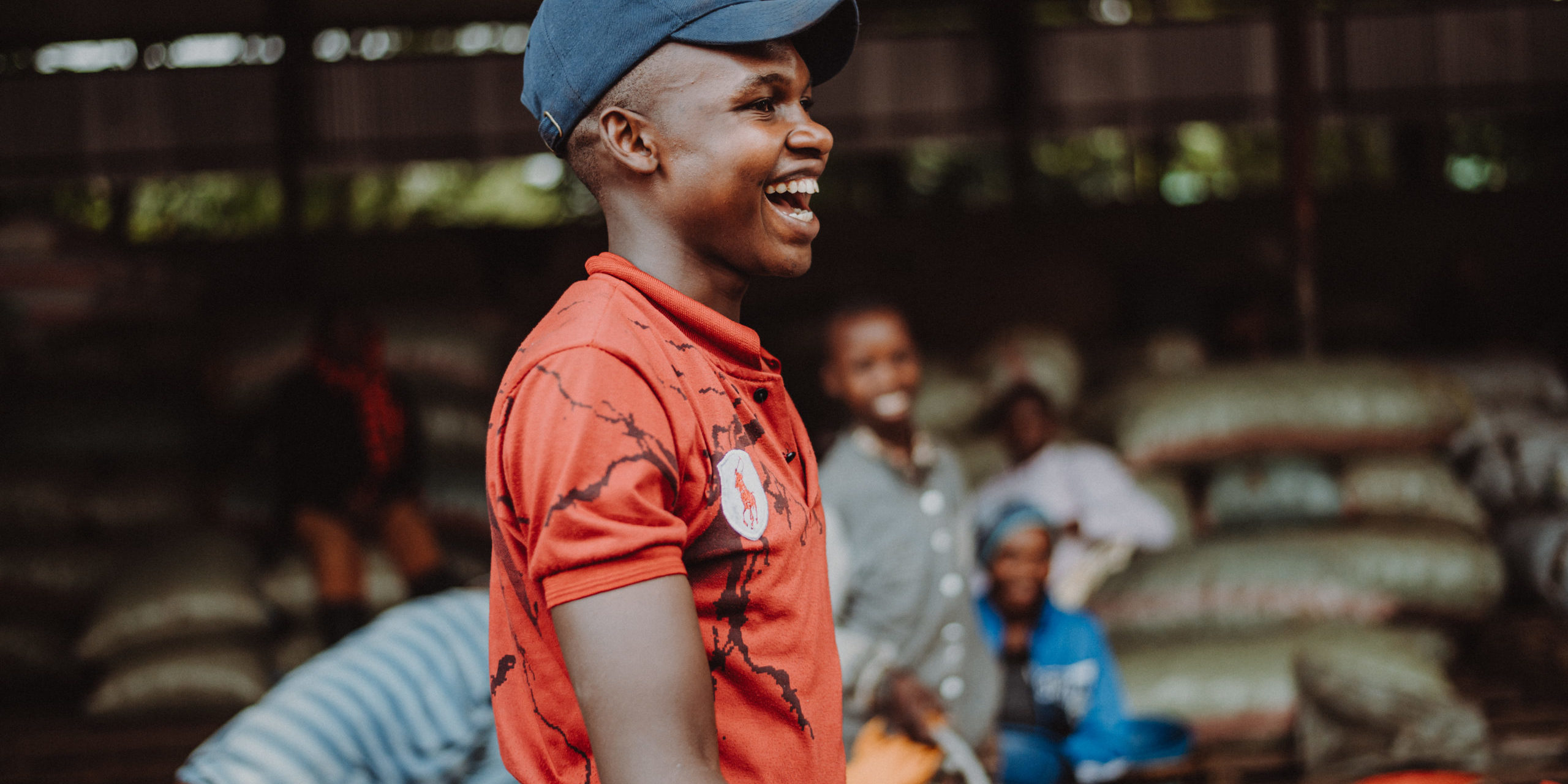Lotet Julius is a Social Innovator working in Northern Uganda among refugees fleeing South Sudan. During the COVID-19 pandemic, they saw greatly increased incidents of violence erupt among the camps. This caused them to create the Reconciliation Gate Foundation, which promotes grassroots reconciliation, peace and development.
Here is Lotet’s story, in his own words:
Among the refugees, violence has been the order of community issues until our team intervened in Reconciliation, conflict transformation and promotion of peaceful coexistence in diversity which covered most refugee settlements in 2020 up to 2021.
[This was] a successful ministry that brought violent conflicts down in all refugee settlements in Northern Uganda. Our major role is to give mentorship to church, community and civil leadership that we have trained and empowered to carry on peaceful coexistence in their respective communities so that violence is minimized in refugee settlements and avoid violent conflicts from rolling back. [This] work [is] done hand-in-hand with the government wing that oversees refugee affairs in Uganda.
The Reconciliation for Peace trains identified potential people, both men, women and youth, influential personalities and those who command respect in their communities, church leaders, community leaders and local government representatives in the ways of peace, so that they promote peaceful coexistence in their respective communities, villages and congregations. This is how peace and reconciliation work turns sustainable in the refugee camps. The training brings both refugees and nationals together.
The far reaching impact of this work gets back into South Sudan. Many of the refugees who got trained returned back voluntarily to South Sudan. Hence our team in Uganda, which is made up of a good number of South Sudanese as well, has registered Reconciliation Gate Foundation (RGF) as a national organization in South Sudan to promote grassroots reconciliation, peace and development. In April 2021 we sent a team to Kapoeta among unreached people groups in Eastern Equatoria and also had our office set up in Juba. Evans Pere who we have trained and mentored in Palorinya refugee settlement returned back voluntarily to South Sudan and was appointed the Peace Building Coordinator for Central Equatorial State. He is doing great work in his area and has opened wider opportunities to help many in the grassroots communities.
Peaceful coexistence training through peace and reconciliation, conflict transformation, trauma healing and restoration has caused great impact in the whole settlement…Peacemaking is a process that needs a strategic engagement of individuals, families and communities.
In 2018, fighting erupted in the Tika refugee settlement between two ethnic groups and 5 people were killed. The Office of the Prime minister (OPM), a government wing responsible for refugees, responded by separating the two communities. The Nuer were transferred to Omogo and the Dinka remained in Tika. But our Peace and Reconciliation Ministry sees that this is not how conflicts are resolved. What will happen when they meet on roads or markets or somewhere else? Of course they will fight and indeed it did happen on many occasions.

During the Covid-19 prolonged lock down in 2020, violent fighting increased in different refugee settlements and Host Communities as well. Some of the violent conflicts were resource based, e.g food, water points, sharing of forest for firewood; and others were due to transfered ethnic hatred from country of origin. In Palorinya refugee settlement fighting erupted over stolen heads of maize and 3 people were killed. Then another fight broke out between refugees and nationals in another camp. 10 people were killed and a similar number went missing. Violent conflicts continued to be reported in Eden, Bweyale and Nyumaji in the same year.
Our Peace and Reconciliation ministry led a process of reconciliation consultations, conducting community dialogue, carrying out conflict analysis, identifying root causes of the violence and engaging individual persons and the communities to resolve their issues and forgive one another. [This] process led to the restoration of relationships and healing.
By mid 2020, we had reached most of the violent hotspot refugee settlements, and their host community counterparts with the peace and reconciliation program…to resolve both violent and non violent conflicts, restoring relationships, and training key community stakeholders to promote peaceful Coexistence in diversity to make our gains sustainable. Towards the end of 2020 and the whole of 2021, we have brought violent conflicts to Zero in all refugee settlements that have been well known for recurring violence. OPM has marked something unique in our approach towards peace building and works hand in hand with our team for sustainable peaceful Coexistence in the settlements. What is needed now is training to empower and equip more church and community leaders, youth and women to promote peaceful Coexistence in diversity in their respective communities.
News of our work in the refugee camps reached South Sudan and the demand for our work has become high. Hence Reconciliation Gate Foundation is registered as a national organization in South Sudan. We are engaging in a holistic grassroots reconciliation process and development in South Sudan.
The work of the Reconciliation Gate Foundation bears witness that in an age of polarization and violence, there is always another way. Communities can work together and engage in tactical strategies to promote peace among themselves, even in situations of deprivation and hardship. Any community, when given the tools and assets they need, can become sustainable and truly thrive. And that is the vision that we are working towards, together.








